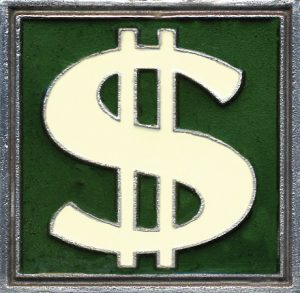
If you believe writing is a deeply held and personal passion, and simply want to see your book in print for family and friends and be a record of preservation, then there are many reputable Subsidy Publishing companies for a relatively small expenditure (some for free, certainly no more than $300 – $400) and you will see that passion in print for them and all the world. If the passion stretches to a dream and a need to write, and continue to write, one book after another, then you must persevere with the writing craft and perfect it, always continually looking at the avenue of a traditional agent and publisher.
If you are then unsuccessful, then by all means try self publishing, but the purpose of publishing is to be read by as many readers as possible, and self-publishing is not the easiest avenue, particularly for fiction. It is hard even for a traditional publisher to sell fiction and market it well. Fiction is full of complex ideas and themes woven together. Non-fiction is a far better vehicle for self publishing. It is fixed, structured and with an easily definable theme—it does not try to flinch or move when you try to catch it or nail it down.
The self publisher must choose how much of the work to farm out and pay for someone else to do—from editing professionally, to layout, to design, to marketing and promotion. Should you take everything on – that is, registering yourself as the publisher – then you will need to look after ISBN’s, copyright, LCCN and distribution, online and more importantly in on-the-street stores. Make no mistake, if your book does take off and is successful, it will be a business and it consume your time, and I don’t mean with radio interviews and book signings. You will have to negotiate with booksellers direct, perhaps distributor and wholesalers about discounts. What if your book really does take off? Can you keep up with demand? You will probably have to switch from digital print to offset runs. Will you be able to estimate future sales and will your current sales and income stretch to finance a larger offset print run?
Many of the above decisions above are what makes a book successful and keeps a book successful. What I have also found out researching self publishing is that some of the most successful writers see publishing books as an extension of their own business activities. In other words, they already have much of the business acumen learned inherently. They either were or quickly became small time entrepreneurs.
I started writing fiction when I was about fifteen or so. I went through all the dreams of being an author and the only two publishers I knew then were Vantage and Dorrance from scanning through the Sunday papers and seeing small ads. For all my reading, even at that age, it shows you how much we paid attention to who published the books we read. Bottom line: a good book is a good book, no matter who the publisher is. That was true then, and nothing has changed.
In the late 1980’s, I started submitting poetry and short stories to magazines in Ireland and the UK. Some were published and I suppose that set me off on dreams of being a full-time writer. I’m 41 and I still can’t call myself that! But what I can say is that I’ve self published five books (true self-publishing from scratch at a time when there was no such thing as POD) with my own publishing company, went through the traditional author/agent mill, wrote for a few years for a retail trade magazine, worked as a retail warehouse manager, inventory manager, customer services manager, logistics manager, published two books with Lulu, set up my own website on all facets of publishing, which gets more hits and feedback than I can sometimes humanly cope with.
I’ve spent the past two years researching self publishing companies in the USA, UK and Ireland for a book being published later this year. I spend much of my evenings on writer’s and publisher forums and emailing writers and publishers, and interviewing them for my book on many aspects of the trade of publishing. I’m also putting the final touches to two completed novels. I also run my own publisher, Aquarius Communications Publishing. And no, before you ask: it is not a Subsidy Publisher, commissions only! I don’t take the money out of author’s pockets!
Henry and his contributors run a wonderful resource and forum site here, and that is what all writers need. Let me thank him for giving me the chance of sharing something of what I’ve learned over the years. I hope he’ll give me a few more words over the coming weeks and months.
Get an Editorial Review | Get Amazon Sales & Reviews | Get Edited | Get Beta Readers | Enter the SPR Book Awards | Other Marketing Services








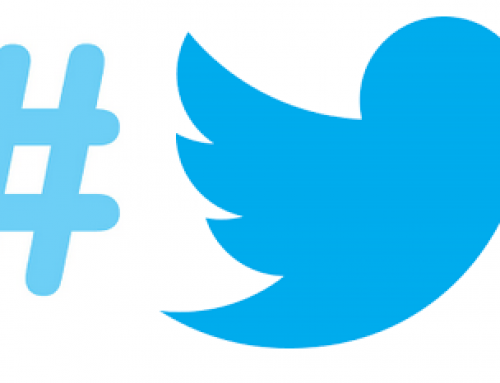

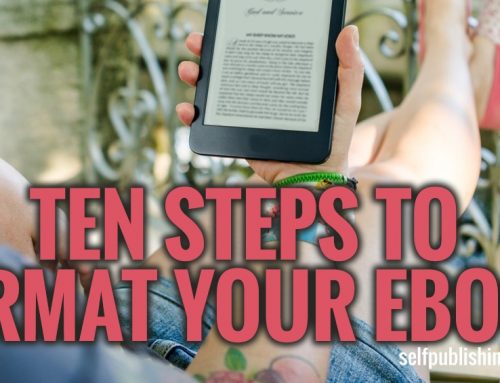
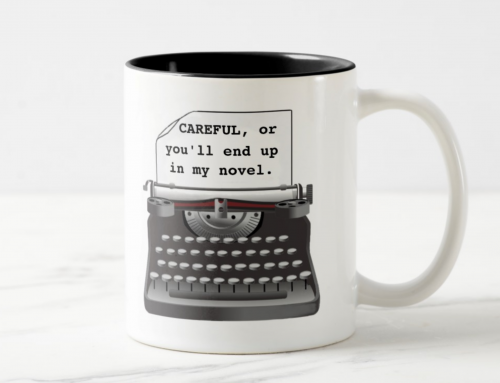
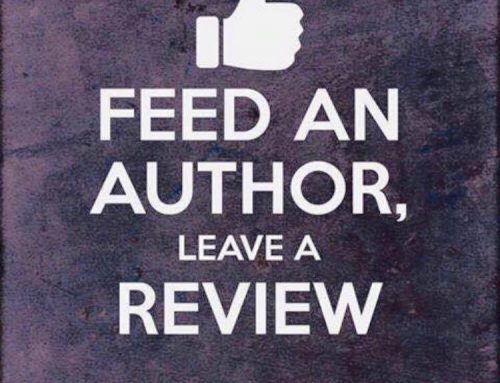
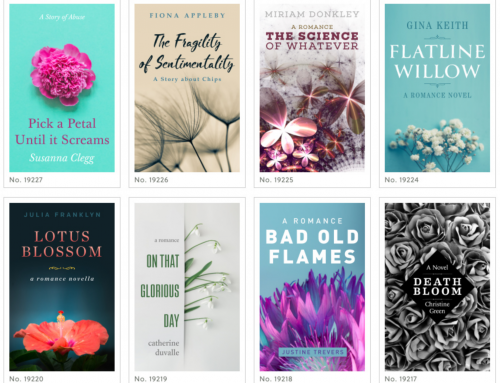
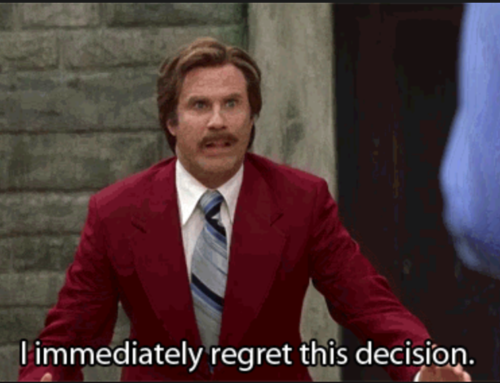
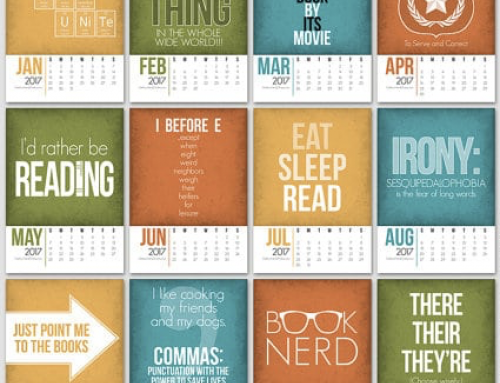
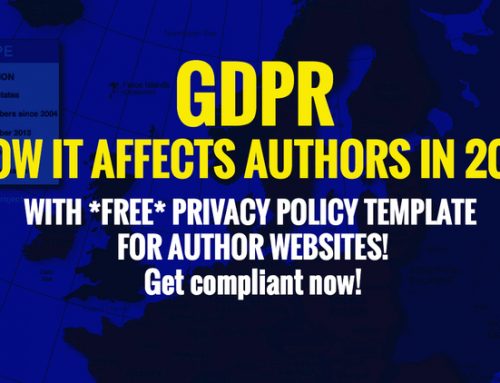
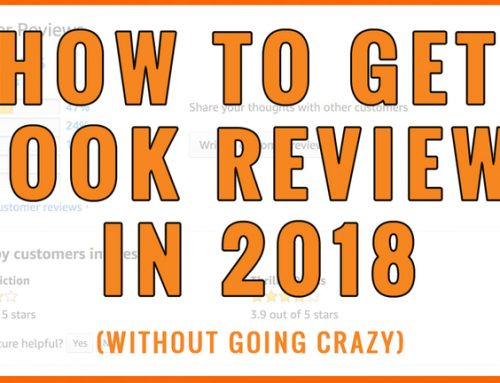
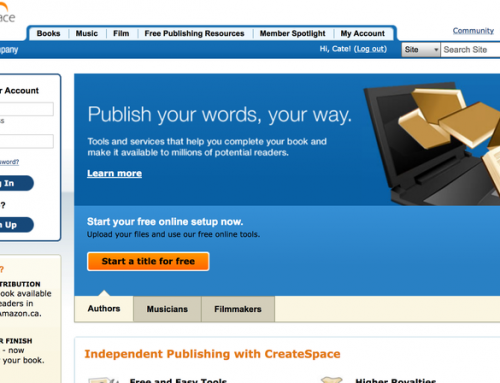
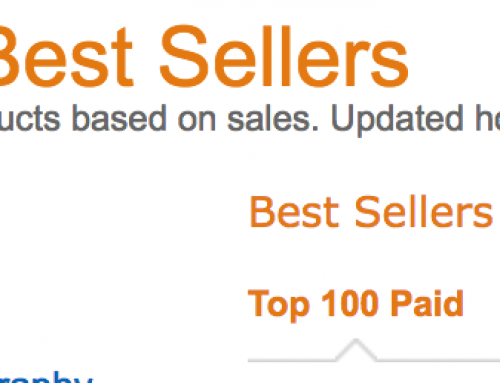
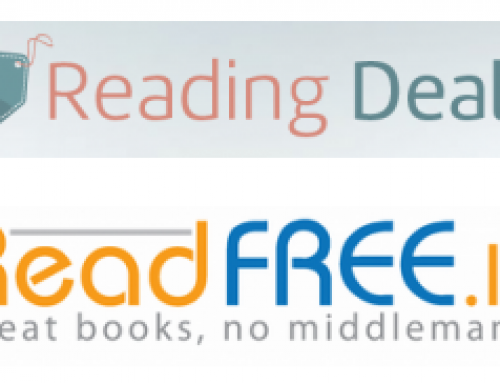
Greetings: I wrote a non-fiction book about the trials, laughs, inspirations and a miracle or two that we experienced over our forty years of marriage and career. It is intended to be a positive, useful, encouraging, nostalgic book that is both patriotic and glorifying to the Good Lord. It is in electronic file format (MSWord). If you have any additional suggestions please let me know. I have read your article above. Thank you for the tips. Besides self-publishing, can you tell me about “Library Authorship” where one writes books mainly for use and purchase by libraries? Thank you. Carmine C.
Cell: 904-803-7787
Your article was very good – convincing me once more that self-publishing for an entrepreneurial writer is the right way to go – at least in my case. Our book about baby boomer nostalgia, history, politics, music, sports, etc. is available only on our website at http://www.onceuponourtimes.com for now. We used our high school base of fellow graduates to test the interest in the book, and it’s been well-received. Over 100 copies have been pre-ordered, which means our website was paid in full by early buyers. My co-author, Cookie Tischler, is also an artist who’s created the front cover. I am becoming the marketing maven and publicist. If all goes well when we publish this summer 2012, it would be great to out-source social media, book tours, publicity, etc. to specialists. We just want to keep our heads from spinning, while writing a book that, hopefully, will intrigue many readers.